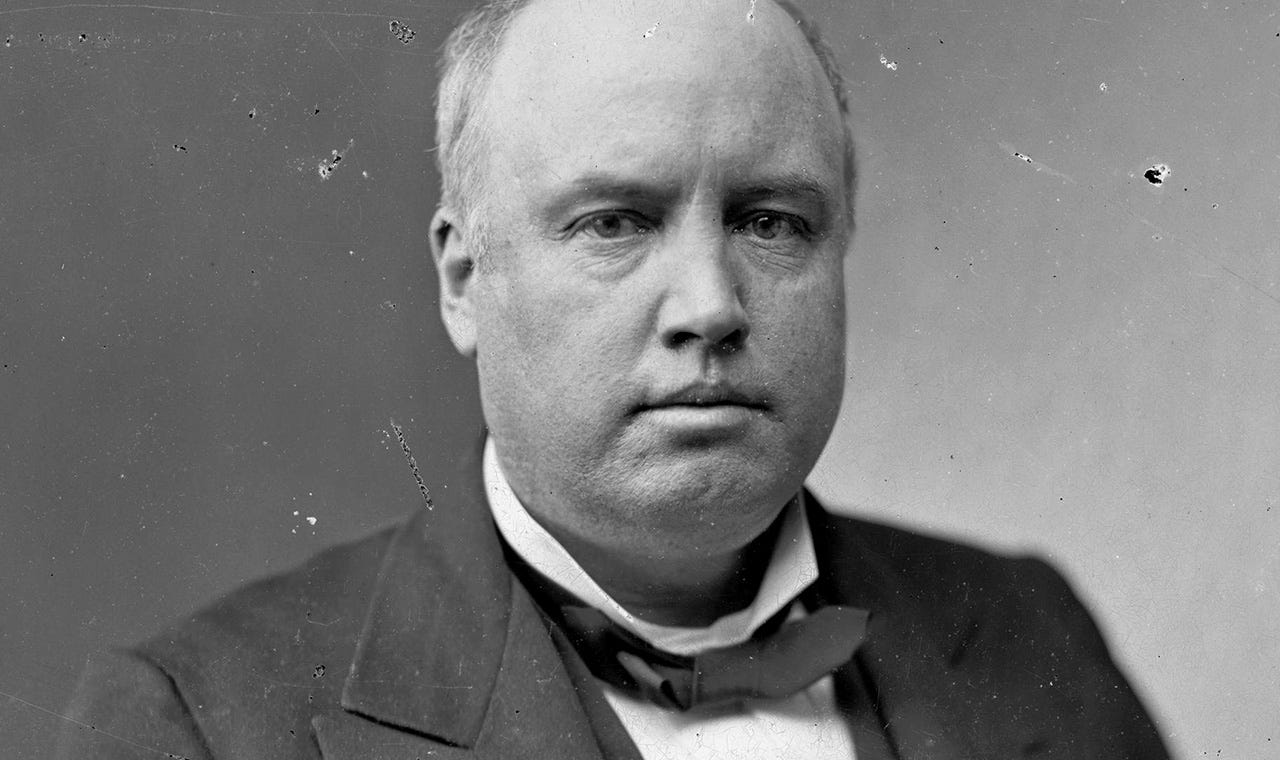“I will not attack your doctrines nor your creeds if they accord liberty to me. If they hold thought to be dangerous—if they aver that doubt is a crime, then I attack them one and all, because they enslave the minds of men.” —Robert G. Ingersoll1
Colonel Robert G. Ingersoll (1833–1899) is perhaps the greatest lost figure of American history. Many historia…
Keep reading with a 7-day free trial
Subscribe to The Objective Standard to keep reading this post and get 7 days of free access to the full post archives.




